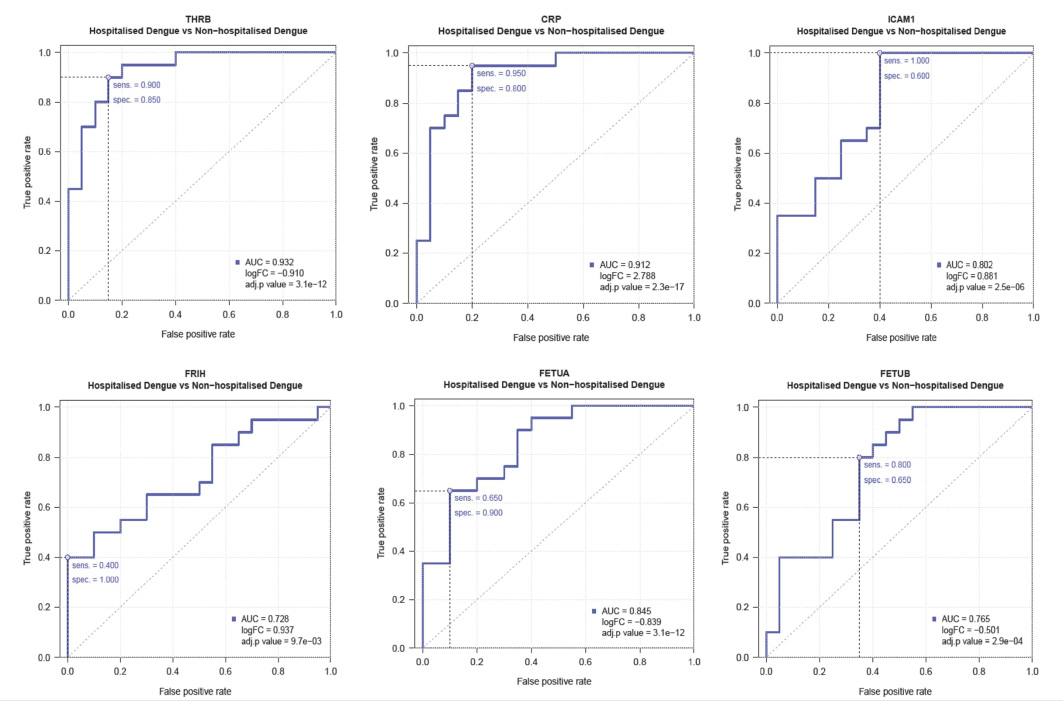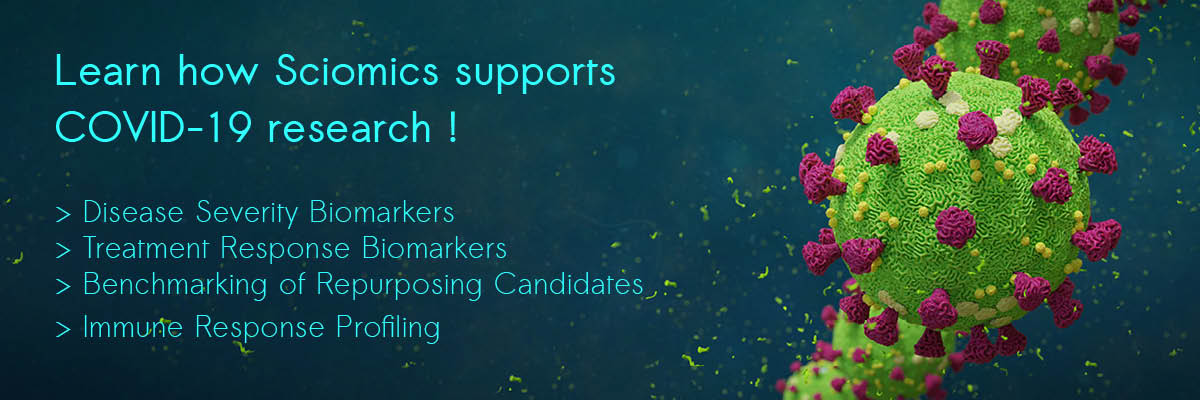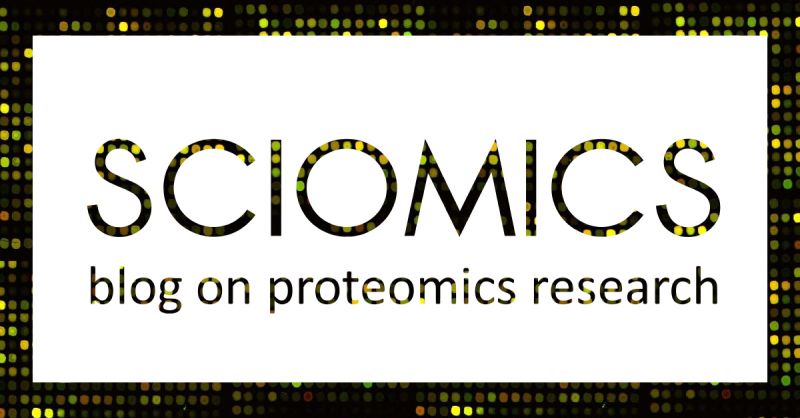Authors: Jana S. Röder, Henning Boekhoff
Dengue is caused by the dengue virus (DENV), which is transmitted by multiple Aedes mosquito species. The disease has spread globally due to globalization, but infections are currently most common in tropical and subtropical regions. Endemic transmission of the dengue virus is mainly reported in the Eastern Mediterranean, the Americas, Southeast Asia, the Western Pacific, and Africa. However, transmissions have also been reported in Europe and the United States. In 2023, the World Health Organization (WHO) reported a near historic peak of dengue cases: there were over five million cases and more than 5000 dengue-related deaths. Close to 80 % of these cases, or 4.1 million, have been reported in the region of the Americas. The WHO states that the actual disease burden is likely higher, due to under-reporting of infections. It is estimated that more than half of the world’s population lives in areas affected by dengue virus. Dengue is a global threat.

Dengue is a disease caused by dengue virus (DENV), which is transmitted by Aedes species. Dengue is a global threat. Simple and inexpensive strategies for the identification of patients with severe or life-threatening illness are urgently needed.
Phylogenetically, dengue viruses belong to the flaviviruses and are divided into four genetically related viruses, known as serotypes 1-4 (DENV-1 to DENV-4). Infection with any of these can result in dengue fever, dengue hemorrhagic fever, or even dengue shock syndrome. The disease is divided into three distinct phases: the acute phase, the critical phase, and the convalescent phase. Severe dengue may involve shock, severe bleeding, or severe organ impairment. This stage often starts once the fever receded and it is preceded by warning signs such as intense abdominal pain, persistent vomiting, bleeding gums, fluid accumulation, lethargy or restlessness, and liver enlargement. In 2009, the WHO introduced a dengue classification system that distinguishes between dengue with or without warning signs and severe dengue, with the aim of improving clinical management of patients. The warning signs are intended to identify patients with more severe or even life-threatening illness as early as possible so that they can receive supportive care.
Currently, a full blood count is part of the recommended laboratory testing. It serves, for example, as an indicator of plasma leakage in the critical phase, resulting in a rapid decrease in platelet count and a rise in hematocrit level. Simple and inexpensive strategies to identify patients affected by dengue deterioration are urgently needed.
There is currently no specific treatment for dengue. The severity of complications is increasing which, together with frequent epidemics and pandemics, places a significant burden on healthcare systems. Along with the potential long-term health impairments dengue patients face, this has a negative impact on the economy and society. Factors such as urbanization, water scarcity and environmental change make dengue a disease of the future.
In a collaboration with Roche, we have successfully identified predictive protein biomarkers for dengue deterioration, bringing early intervention and cost-effective treatment of this increasingly deadly disease one step closer.
In this prospective study, blood samples were collected from 20 hospitalized dengue patients and 20 non-hospitalized patients with confirmed dengue infection in Iquitos, Peru, along with clinical data and laboratory test results. Blood samples were collected for both patient groups on the day of their first presentation.
The serum samples were analyzed using our scioDiscover protein profiling microarray platform, targeting 1,438 different proteins with 1,924 antibodies, to identify predictive biomarkers of dengue deterioration. Each antibody was represented on the microarray in four replicates. A total of 86 differentially abundant proteins were identified between hospitalized and non-hospitalized patients. This biomarker screening revealed potential key biomarkers for predicting dengue deterioration. These included CRP, ICAM-1 (intercellular adhesion molecule 1, CD54), fetuins (FETUA, FETUB), ferritin (FRIH), and thrombin, among others. The AUC values of the identified biomarker candidates ranged from 0.73 to 0.93, allowing a good prediction of the disease severity. The scioDiscover results for ferritin and ICAM-1 were validated in the same sample set using Roche’s Elecsys® immunoassays. While a good discrimination ability was confirmed for ferritin (AUC = 0.831), ICAM-1 levels showed a superior predictive value (AUC = 1.0). The results of this study were presented at the 6th Asia Dengue Summit in 2023.

Selected receiver operating characteristic (ROC) curves for classification of hospitalized and non-hospitalized dengue patients derived from the scioDiscover screen.

Selected protein levels for hospitalized, non-hospitalized and healthy donor groups derived from the antibody microarray screen.
In conclusion, this study has identified a set of predictive protein biomarkers for dengue deterioration and hospitalization by combining the Sciomics’ scioDiscover assay technology for biomarker screening with the Roche’s Elecsys® immunoassay for validation. These biomarkers are known to be involved in biological processes related to viral infection, such as inflammation (CRP, fetuins, ferritin), immune response (fetuins, A2MG, thrombin, ICAM-1) and blood coagulation (thrombin, platelet count), making their utility in predicting dengue severity functionally plausible. In the future, these biomarker candidates will be independently evaluated within a prospective, multicenter study initiated by Roche. This will allow for a head-to-head comparison of various markers and panels, parameters, multivariate analyses, and the development of a multi-parameter algorithm.
The identification of robust, minimally invasive, and readily available biomarkers for predicting dengue deterioration has the potential to address unmet medical needs, improve clinical dengue management through better patient stratification, and reduce the socio-economic impact of this disease.
Swiatek-de Lange, M., Schroeder, C., Klein, M., Huang, J. and Strobl, M. (2023) Identification of biomarkers for prediction of dengue deterioration, presented at 6th Asia Dengue Summit (ADS 2023), 15-16 June 2023, Bangkok, Thailand
Published: 12 March 2024

